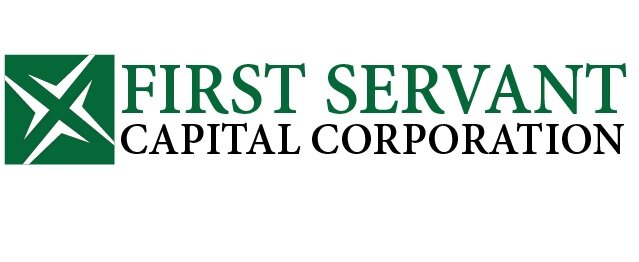FMV: Mixed Signals and Misunderstanding
I am inviting you into a world of misapplication of rules of thumb and public market PEs for FMV determination, “My company is worth $10 million because my older brother sold his business 7 years ago for 4x income, so I need to get at least 5x.” Or this one, “I have a website like Facebook for ant farmers, I made $10,000 in ad revenue last year. Facebook has a PE ratio of 56x, can you find a buyer for me that will give me $500,000?”
Seriously, these types of conversations have been had by many valuators and appraisers. These examples may seem far-fetched but the basis for the exaggeration is not different than any misapplied Google searched data. The reason I wrote YBAWS! was to avoid the three-hour valuation tutorial that follows these statements. The book has helped to adjust expectations and has moved many owners in the right direction with de-risking their company and increasing corporate value and marketability through the advice of professionals.
Now let’s be clear, although it is ultimately the business owner’s responsibility to get his/her transaction value, they also rely on their business professional to close information gaps which are so easy to develop. Below is a perfect example how the business owner can get mixed signals and misunderstand valuation.
Kelley Keehn wrote an article in the August 2016 edition of the CPA Magazine profiling Michael Lee-Chin, a self-made billionaire, who in this article laments on the inability for the average person to invest in private companies because of the accredited investor rules which in their own way paralyze investors in North America. Further, some would argue these restrictive rules actually are in place to protect the public markets not the investors, but that is another discussion.
On page 30, Lee-Chin illustrates the discount a private company receives from a valuation when compared to a public company. The discount is solely because you can sell your interest in the public company whenever you want but a private company you have to find a buyer which could take a long time. This is called a liquidity discount which he estimated to be 25% to 40% which from this valuator’s experience is reasonable and court supported.
So here is Lee-Chin’s math from the article. A public company who has a 10x PE ratio and ALL THINGS BEING EQUAL AND FOR LIQUIDITY DISCOUNT ILLUSTRATION PURPOSES ONLY, the private company multiple would be 6x to 7.5x income applying the liquidity discount of 25% to 40%. So far so good, an easy liquidity discount illustration.
YOU KNOW WHAT THIS DOES NOT MEAN, if you have a private FINTEC company and find a public FINTEC company with a 100x PE, then your company, that has $100,000 in profit, is not automaticallyworth $6 to $7.5 million. The purpose of the article is not to provide a valuation multiplier, rather the concept of the cost of illiquidity. In fact, YBAWS! has the main objective of increasing the marketability of a company to reduce the liquidity discount; the fastest way to grow corporate value in most small business.
This is where the valuation expectation gap emerges. The unsuspecting business owner will take the 6x to 7.5x multiplier as a lower reference point for his/her valuation. The correct multiplier may well be 7x BUT NOT AUTOMATICALLY. This company, depending on many factors, may deserve a 12x multiplier, it could also deserve 4x, maybe 3x. There is no way to tell until you dig deeper. A rule of thumb, market comparable, valuation report is a place to start, not end, when finding out a transaction value for your client.
Many business owners and professionals do their own valuation research without fully understanding basic fundamentals of share valuation. The danger of a little information applied inappropriately can create a FUBAR scenario.
Not everyone can be experts in every profession, there is no shame in seeking professional valuation advice as a business owner to confirm a valuation nor to find out your business does not have the value you presume. There will then be time to remedy any valuation issues. Similarly, there is no shame for the professional to seek valuation assistance for a client when estate and succession issues are so vitally important.
Please provide comments and/or anecdotes to enhance the discussion on building corporate value and marketability. Your valued opinion will assist all readers.

